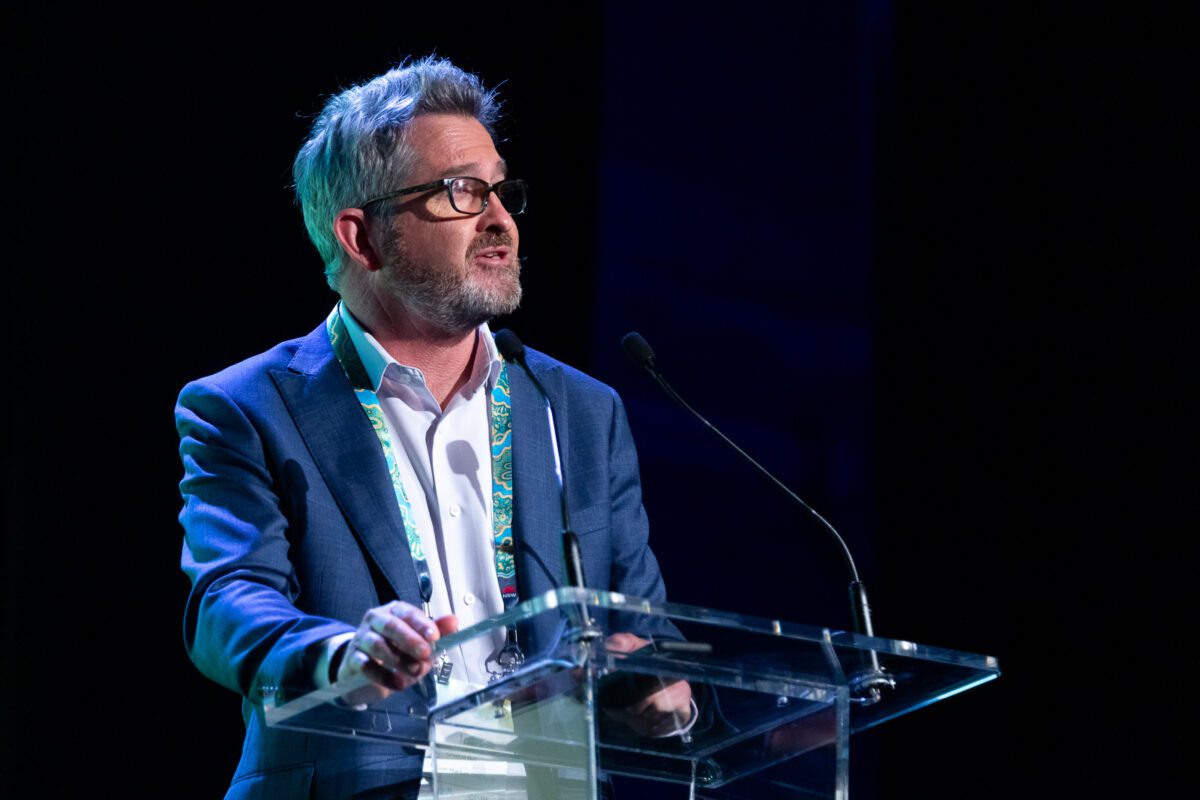CMI Update
This month has seen more business and governments identify the need and opportunity to emerge out of the COVID crisis with policies for investment and technology deployment based on goals of net-zero emissions by 2050 or sooner.
Paraphrasing the NZ Climate Minister “we are borrowing [response money] from future generations, the manner in which it is spent has to serve them.”
Like others, we keenly await the Australian Government’s Technology Investment Roadmap. Hopefully it will continue the COVID constructive federalism by aligning with states’ net-zero emission goals.
Business, including current emissions intensive BP and Shell, are urging similar directions and reforms. They are committing to net-zero emissions, engaging with supply chains and supporting nature-based climate solutions as part of their efforts.
Attention now turns to policies and investment realities, not just commitments. Last week, the Prime Minister referred to a Productivity Commission report that recommended carbon pricing for the energy sector.
Two recent reports should be at the centre of attention: 1) ClimateWorks’ Decarbonisation Futures and 2) The Climate Change Authority (CCA) Policy toolkit for Australia. The CCA again supported the evolution of the Safeguard Mechanism to allow business investment to take over from the publicly funded Emissions Reduction Fund (ERF). It adroitly urged emission reductions to come from 2020 to 2030 activities.
Both reports focused on a prosperous future for Australia as a net-zero emissions economy, with opportunities for international trade and investment. Both reports have been discussed in our new “Carbon Conversations” midday Friday webinars. We’ve been delighted to see weekly registrations in the hundreds, and look forward to it continuing to grow.
We commenced with the Clean Energy Regulator (CER) Chair discussing outcomes of the 10th ERF auction. We’ve been pushing for stimulus responses, including policy re-alignment and assessment incentives as in Queensland’s Land Restoration Fund and out of cycle optional contracting. The CER is considering but “stands ready to accept early deliveries against milestones under existing ERF contracts” which may provide options in the secondary market for suppliers without contracts as well as contractors seeking early payments.
Tomorrow’s Carbon Conversations looks at activity in international carbon markets – it’s not as depressing as you may expect!
Keep in contact through our Carbon Conversations, and check out benefits you’ll receive as a Corporate or Associate CMI Member or an individual Professional Network Member.
Stay safe,
John Connor
CEO
Carbon Market Institute



